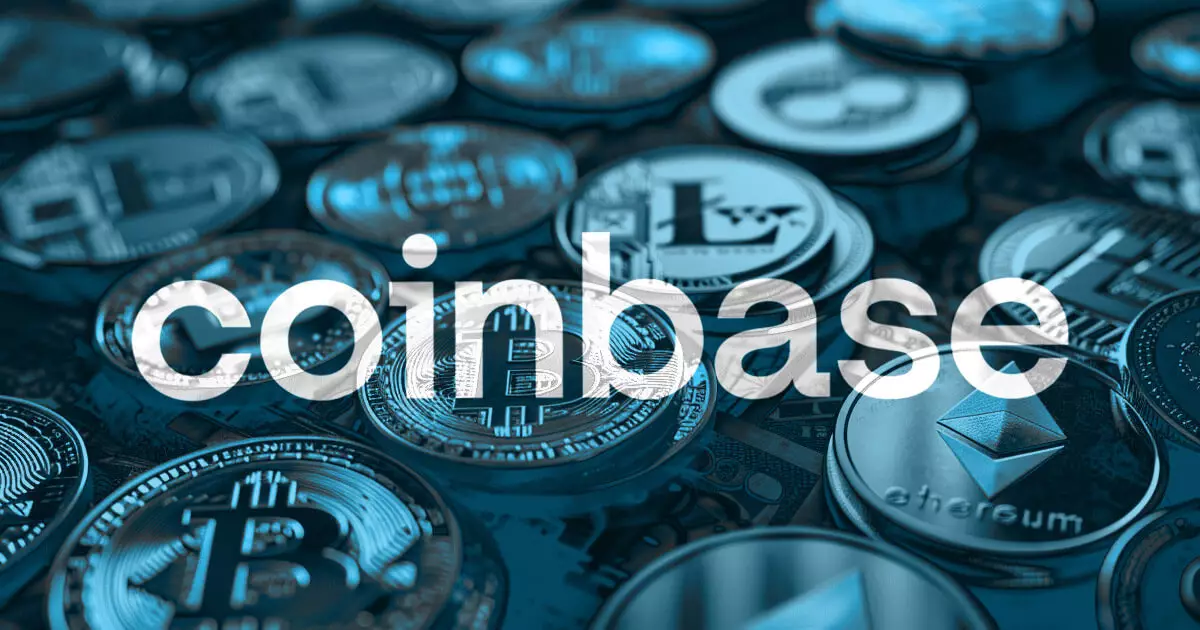In a groundbreaking revelation, the chief legal officer of Coinbase, Paul Grewal, has unveiled documents that indicate the Federal Deposit Insurance Corporation (FDIC) has been advising banks to limit their involvement with cryptocurrency services, including fundamental Bitcoin transactions. These documents, publicly shared in December 2024, provide a detailed look into what Grewal characterizes as a concerted attempt to curtail various crypto activities, reflecting broader regulatory apprehensions surrounding the digital asset sector.
Dubbed “pause letters,” these unredacted communications reportedly contain directives from the FDIC recommending that banks reconsider engaging with cryptocurrencies and associated services. Grewal contends that these letters illustrate a systematic effort to inhibit growth in the crypto space—a revelation that raises critical questions about regulatory motivations and the future landscape for crypto-related financial services. The backdrop to this situation is Coinbase’s Freedom of Information Act (FOIA) request, initially filed to shed light on an alleged 15% deposit cap targeting banks that cater to cryptocurrency customers.
The extensive redactions in the earlier releases prompted Coinbase to submit a renewed request for clearer documents, leading to the acquisition of additional letters that claim to reveal even more concerning information. Grewal has noted that these revelations suggest an underlying effort—theso-called Operation Chokepoint 2.0—seeking to impede the expansion of the United States’ cryptocurrency industry by limiting its access to essential banking infrastructure. Such regulatory encroachment can stifle innovation and growth within the crypto sector, creating an environment of uncertainty for stakeholders.
FDIC’s Stance and Conflict of Interests
In response to these allegations, the FDIC has attempted to clarify its position through the release of a 2022 memorandum outlining how its officials should interact with banks pursuing crypto initiatives. While FDIC Chairman Martin Gruenberg asserts that the agency is not actively obstructing crypto access to financial services, his comments underscore the notion that banks engaging with digital currencies will face intense scrutiny. This contradictory stance suggests that while the regulatory framework might not outright ban crypto dealings, it may inadvertently create barriers that prove just as restrictive.
The Future of Crypto Banking in the U.S.
Amid this regulatory confusion, the cryptocurrency community is closely monitoring developments as the nation approaches a transitional phase with the potential inauguration of President Donald Trump. Industry leaders are hopeful that the new administration will take a more favorable stance towards digital assets, possibly addressing the banking access dilemma head-on.
The unfolding situation surrounding the FDIC’s attitude toward cryptocurrencies paints a complex picture of regulatory oversight characterized by caution and perhaps an aversion to change. As the debate continues, it will be crucial for lawmakers and regulators to strike a balance between consumer protection and fostering innovation to ensure that the United States remains a competitive player in the global cryptocurrency marketplace. The consequences of stifled growth in this sector are significant, and only time will reveal the full impact of these regulatory developments.

